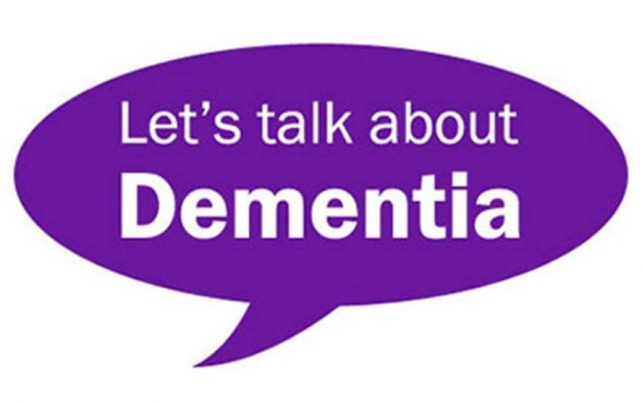 ADI and PAHO launch ‘Let’s Talk About Dementia campaign’ in the Americas to address stigma and to encourage conversations around dementia
ADI and PAHO launch ‘Let’s Talk About Dementia campaign’ in the Americas to address stigma and to encourage conversations around dementia
- Every 3 seconds someone in the world develops dementia
- Around 10 million people living with dementia live in the Americas
- Dementia became a $US1 trillion-dollar a year disease in 2018
An Americas-wide campaign launched today by Alzheimer’s Disease International (ADI) and the Pan American Health Organization (PAHO) aims to get people talking more comfortably and openly about Alzheimer’s disease and dementia.
Today, 1 September, marks the beginning of the month of awareness. ‘Let’s Talk About Dementia’ is based on the understanding that talking about dementia helps tackle the stigma, normalizes language and encourages people to find out more about the disease and seek help, advice and support for it.
ADI and PAHO are working to deliver the joint dementia awareness campaign for the Region of the Americas this month, as part of thePAHO regional Plan of Action on Dementia (2015-2019).
The campaign, with materials available in 5 languages, encourages that often-difficult first conversation and then aims to demystify dementia and to get people talking; through discussion and conversation, come better planning and support.
Stigma surrounding dementia in the region is still a major barrier to people accessing help, advice and support. Stigma can be similar to that around some mental health issues, be focused on age-related stigma, be based on a lack of available medical treatments and even attributed to factors like being bewitched, but there is so much support available across the region and talking and planning can help people to live well for as long as possible.
PAHO Director Dr. Carissa F. Etienne says the first step to addressing stigma around dementia is having a conversation. “The lack of knowledge about dementia and how an affected person might behave has led to stigma being associated with the disease,” said Etienne. “This campaign will focus on increasing conversations around dementia everywhere, as talking is often the first step to awareness, understanding and breaking barriers to diagnosis and care.”
ADI’s member associations in the Americas and PAHO country offices will collaborate to deliver the campaign, which will engage the general public and also targets doctors and other primary health care practitioners to raise awareness.
Alzheimer’s Disease International CEO, Paola Barbarino, says. “We need to get people talking more comfortably about Alzheimer’s disease and dementia. Dementia is one of the most significant global health and social care crises in the 21st century, with someone developing it every 3 seconds, but the stigma that surrounds it, and a lack of available treatments, means people delay talking about it and delay seeking advice and support, losing valuable time.
“On World Alzheimer’s Day, 21 September, ADI will launch our World Alzheimer Report on global attitudes to dementia, based on a survey of almost 70,000 people across 155 countries. A key finding in that survey shows that 95% of general public respondents believe they will develop dementia in their lifetime. We must break through the stigma and get people talking openly about dementia to plan well, to access support and even to participate in research”.
Dementia is a syndrome that affects memory, other cognitive abilities and behaviour that interfere significantly with a person’s ability to maintain their activities of daily living. Although age is the strongest known risk factor for dementia, it is not a normal part of ageing. Alzheimer´s disease is the most common form of dementia.
Deaths due to dementias more than doubled between 2000 and 2016, making it the 5th leading cause of global death in 2016, compared to 14th in 2000. The prevalence of dementia around the world is increasing exponentially, with the number of people living with dementia predicted to triple from 50 million currently to 152 million by 2050.
Individuals who are concerned about dementia for themselves or for a loved one should talk to their health care provider.
To find out more about the ‘Let’s Talk About Dementia’ campaign in the Americas, including information on preventing dementia and early warning signs of the syndrome, visit: www.paho.org/lets-talk-about-

Should we talk about “stigma” or those who declare it?